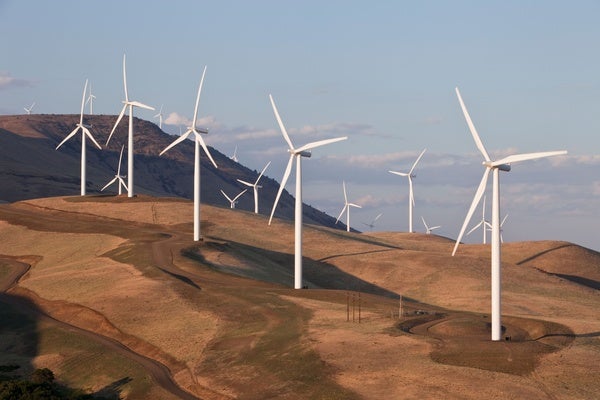 |
| April 06, 2022 |
 |
| |
| |
| |
| Sponsor Content Provided by Worcester Polytechnic Institute WPI's unexpected outcomes begin with our distinctive approach At WPI, we want to fix problems that impact the greatest number of people, so we have to do things differently from our peers. Our interdisciplinary and collaborative research approach considers many perspectives—and the results are extraordinary. | | | | |
| |
| |
| |
| |
| |
| Astrophysics The History of the Milky Way Comes into Focus By dating nearly a quarter-million stars, astronomers were able to reconstruct the history of our galaxy—and they say it has lived an "enormously sheltered life." |  | By Christopher Intagliata | 02:21 | | | |
| |
| |
| |
FROM THE STORE
 | | | |
| |
FROM THE ARCHIVE
 | | | |
| |
LATEST ISSUES
 |
| |
| Questions? Comments?  | |
| Download the Scientific American App |
| |
| |




